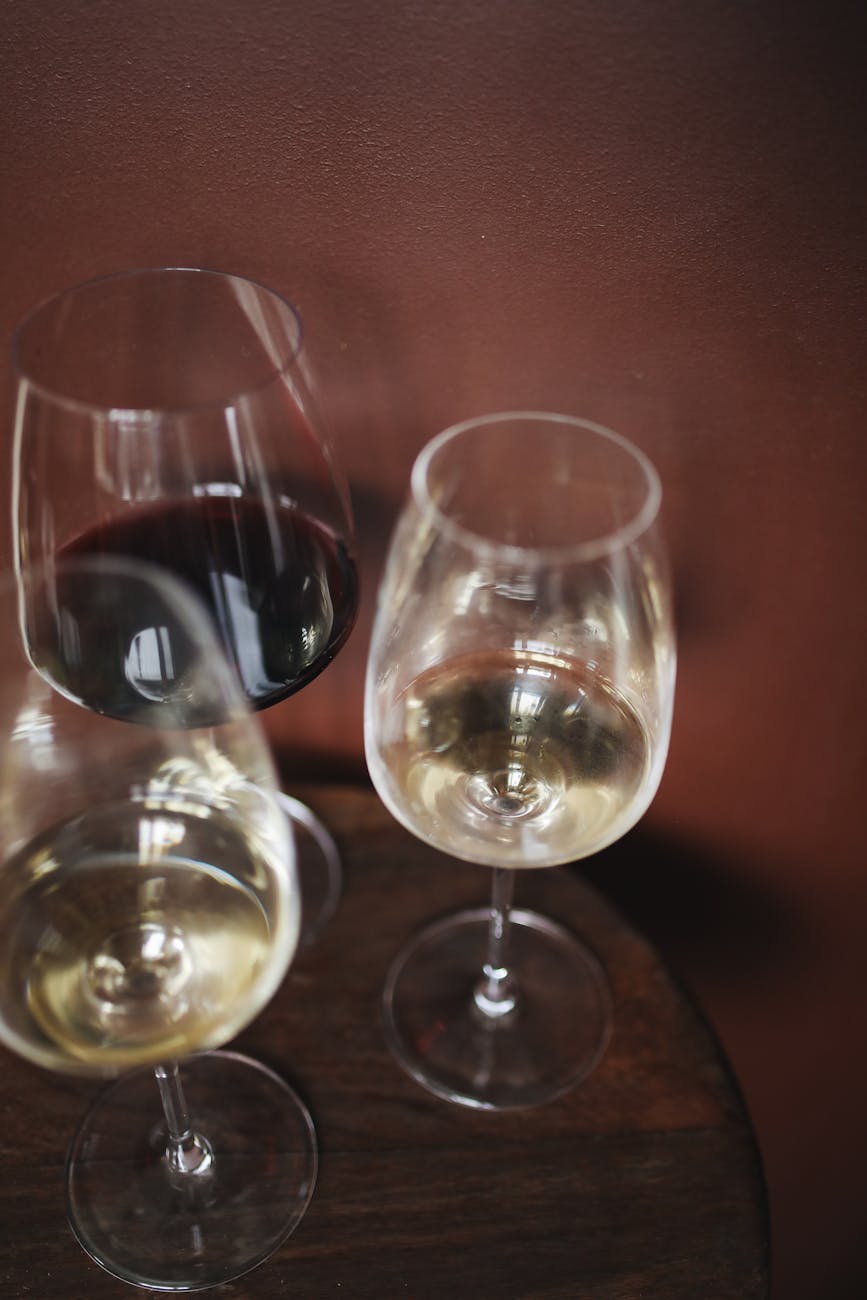Table of Contents
Luxury alcohol brands provide a fascinating glimpse into the interplay between wealth, status, and consumer desires. Initially, it might seem that these brands solely cater to the affluent elite, creating an aura of exclusivity that enhances their products’ allure. However, a deeper analysis reveals a much more complex landscape. These brands indeed embrace the traditionally wealthy but also craft experiences aimed at diverse demographics, ultimately reshaping their identity and clientele in the modern marketplace.
As you delve into the world of luxury beverages, you might find it surprising how these brands not only strive to appeal to the high society but also channel their marketing efforts toward a broader audience. In this blog, we will explore various dimensions of luxury alcohol marketing strategies, the evolving consumer landscape, and how brands maintain their exclusive image while inviting new customers to the fold.
Market segmentation often drives product offerings and marketing strategies in the luxury sphere. While it is commonplace to consider luxury alcohol as the realm of the wealthy, brands utilize sophisticated segmentation techniques to tap into various consumer bases. For instance, they analyze consumer behaviors, preferences, and trends to create profiles that encompass not only the elite but also aspiring middle-class consumers who value unique experiences and craftsmanship.
This segmentation strategy allows brands to expand their market reach, appealing to those who may not technically fall into the wealthy category but still want to indulge in premium products. Products at different price points can seamlessly exist within the same brand portfolio, catering to varying levels of aspiration without diminishing the overall sense of luxury deeply ingrained in the brand identity.
The perception surrounding luxury alcohol brands significantly influences their marketing strategies. With an innate desire for prestige, consumers oftentimes gravitate towards brands that embody sophistication and heritage. This focus on brand storytelling facilitates a narrative that elevates their status far beyond just the product itself. Though luxury brands do maintain a certain air of exclusivity, they also challenge this by constructing narratives that resonate with a wider audience.
For example, consider how brands will craft compelling messages around craftsmanship, tradition, and even locality to create emotional connections with consumers. By positioning themselves in a narrative framework that weaves in attributes accessible to various demographics, these brands foster an appreciation that transcends wealth, encouraging those who desire a taste of luxury to engage with their offerings.
Globalization has undeniably altered the landscape of luxury consumption, expanding markets and introducing new consumer bases to high-end products. As luxury alcohol brands navigate through an interconnected world, they also recognize the need to adapt their messages for different cultures. This adaptation allows them to create universal appeal while retaining their brand ethos. The sudden rise of the global middle class means an increasing number of individuals can access luxury products that were once reserved for the wealthy elite.
This democratization of luxury changes the game entirely, as brands can attract an audience eager to partake in exclusive celebrations and unique experiences. In a world where social media and online platforms amplify visibility, luxury alcohol brands can reach a diverse range of consumers who yearn for a taste of sophistication, offering bespoke experiences that elevate the drinking culture across the globe.
In a market where competition is fierce, luxury alcohol brands have turned towards experiential marketing as a way to solidify their place in consumers’ hearts and minds. By organizes tastings, exclusive events, and masterclasses, brands cultivate a community that not only enjoys the product but also understands and appreciates the intricate details involved in its creation. This strategy significantly contributes to building emotional connections that retain loyalty, driving customers to share their experiences and stories with peers, further broadening the brand’s reach.
This shift towards experience over mere consumption elevates a brand’s image from a provider of luxury goods to a vital part of consumers’ social experiences. By engaging customers and involving them in the brand journey, luxury alcohol brands transcend traditional market boundaries, creating a cultured atmosphere that appeals to varying demographics—regardless of their financial standing.
In summary, luxury alcohol brands possess the ability to reach beyond just the affluent elite. Through smart market segmentation, creating an engaging product narrative, and leveraging experiential marketing strategies, these brands successfully cater to a broader audience while maintaining their exclusive image. This newfound approach not only invites a diverse range of consumers into the world of luxury but also revolutionizes the perception of what a luxury brand can be.
As such, the notion that luxury alcohol is solely the domain of the rich is increasingly challenged. Instead, the landscape reveals a colorful mosaic of consumers who yearn for high-quality experiences, creating a profound appreciation for craftsmanship and heritage that transcends socioeconomic boundaries. It is this quest for distinction and connection that continues to thrive, allowing luxury alcohol brands to flourish in an ever-changing marketplace.
Do luxury alcohol brands only market to wealthy consumers?
While many luxury alcohol brands have historically catered to the wealthy, they now engage a wider audience through targeted marketing and diverse product offerings. By appealing to aspiring consumers, these brands expand their reach and contribute to the luxury experience.
How do luxury brands maintain their exclusivity?
Luxury brands maintain exclusivity by crafting compelling narratives around their products, focusing on heritage, craftsmanship, and unique experiences that resonate with consumers. This approach allows them to present their offerings as desirable, regardless of the consumer’s financial standing.
What role does globalization play in the luxury alcohol market?
Globalization introduces new consumer bases and contributes to the democratization of luxury. As markets expand, luxury alcohol brands adapt their marketing strategies to engage diverse demographics, allowing wider access to their products while retaining a luxurious appeal.
Image Credit: Pexels
